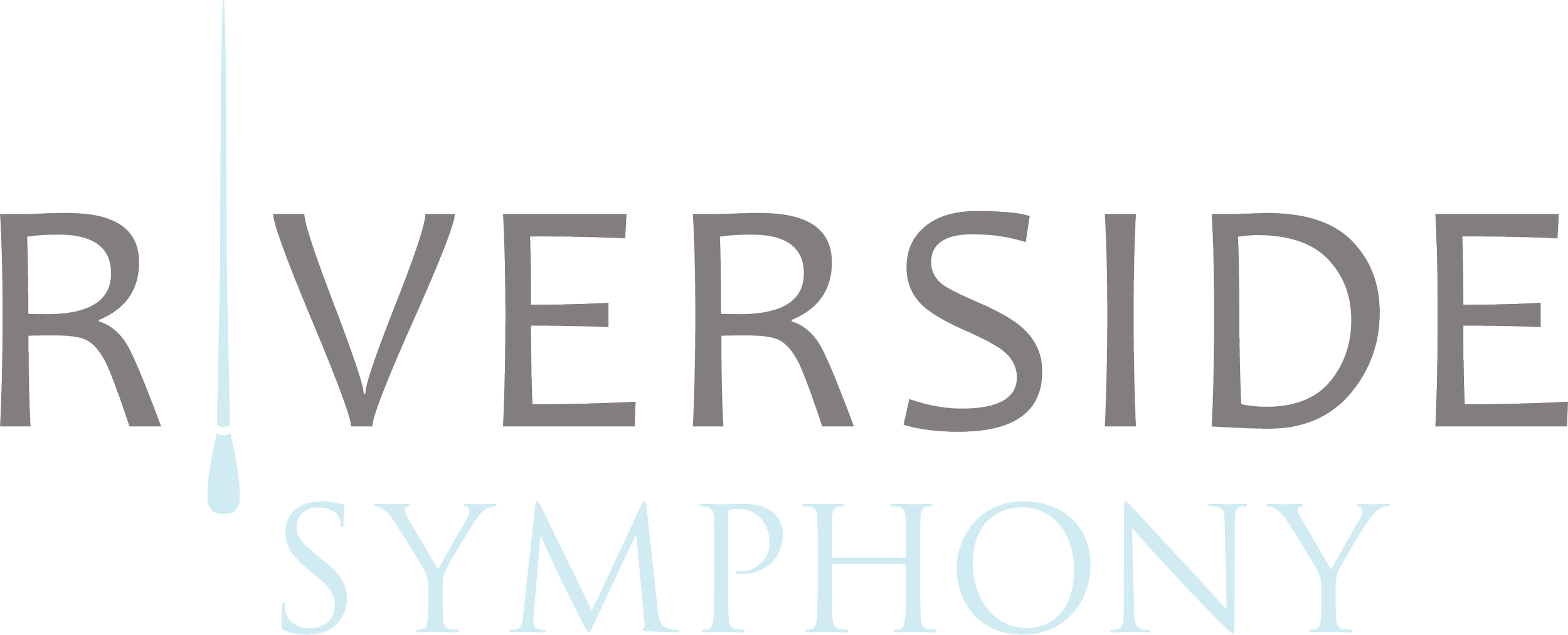Composer's Corner: A final Reflection on Imbrie’s Requiem
While the descriptive “timeless masterpiece” may be a shopworn cliché, I often find myself at a loss to under its essential meaning. Does the term confer immortal status on a work of art simply because “everybody” (i.e. critics and scholars) agrees that Anna Karenina or The Last Supper are just that great?
For me, a truly timeless work provides an inexhaustible reservoir of discovered insight and emotional, even spiritual nourishment. Return visits are richly rewarded, to wit, one might hesitate to brag they had checked off Hamlet or King Lear from their bucket list after one night at the theater. Similarly, I would hope no one would claim “Oh, I know the late Beethoven piano sonatas—heard ‘em performed at Carnegie Hall a few years ago.”
My journey with Andy Imbrie’s Requiem began in the early 1990s. Overpowered on the first hearing, I immediately shared the recording with George* and the rest is history. The planning (and fundraising!) associated with its New York premiere performance and recording took almost seven years—a massive undertaking. Given how many times I kept listening—sharing the Requiem with colleagues and friends— followed by rehearsing, performing and recording it (that happens to be me on timpani), one might assume that by the final session take I was as familiar with its intricacies as one could ever hope to be. But no, my latest reengagement with this wonderful music in the service of these articles—after all these years—revealed untapped depths. A telling experience!
“Getting” new music is not a magical power as some may believe, but an act of devotion. Unlike fine art (where after all, it’s so easy to pretend to like something you don’t really like), or even literature, the unyielding focus required to follow a musical narrative (in a concert hall, you don’t have the option to re-read that knotty paragraph you missed when your mind wandered) presents unique albeit unbelievably rewarding challenges. Perhaps people discount their ability to form their own relationship with a new musical work because the process is so very different (and more difficult) than in the case of other artforms—for one thing, the music never stops!
The remedy? There’s only one I know of: repeated listening. Indeed, no “knowledge” can substitute for this experience. However, I can vouch that this process brings with it transferable skills which will make successive encounters with new works increasingly approachable. In sum, entering the world of a completely unfamiliar musical work becomes more natural—and quicker—over time.
In this series of articles, I’ve tried to offer a few guides that would lead to an “aha!” moment or two. Admittedly, I can’t force you to listen, but if I were dictator of the world, I must just try to!
*Co-Founder George Rothman, serves as Riverside Symphony’s Music Director and Conductor






